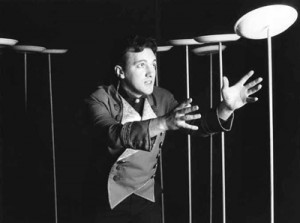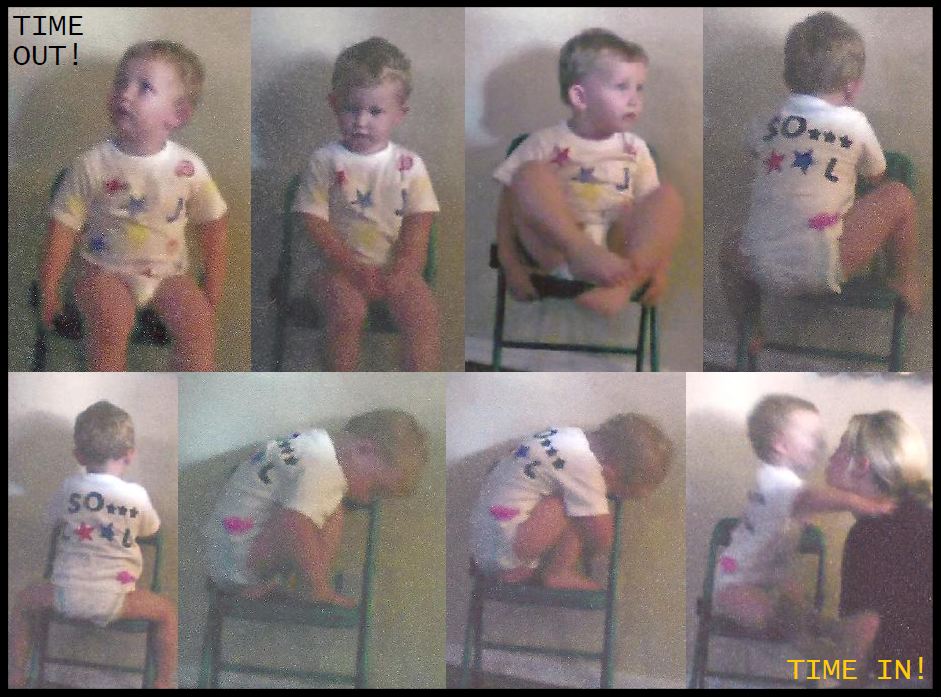Who knew potty training could be fun? I have only fuzzy memories of training our 7 but got a fresh chance to participate this week. Before I came to the UK, my daughter-in-law Katy asked me whether or not I’d be up for co-potty-training when I got there. By “co” I mean two of us and two of them. It sounded like a potty party to me, so I signed on.
Katy and my British grands met me at the Manchester airport in northern England: 3 year old Nicholas and 2 year old twins, Thomas and Evelyn. As we drove toward their home, Katy said, “The twins are wearing their last nappies. I thought we’d jump right in!”
As always, Katy was well prepared. In the kitchen were two newly-purchased blue and pink potties, and a big box of supplies: wipes, baggies, disinfectant sprays for both tile and carpet, TP, a timer, stacks of dry undies, and clean trousers. My part was to bring the rewards from America: tiny Smarties candies.
Katy explained the process to Evelyn and Thomas while I listened in, and we handed them pairs of dry undies and put them on their potties for a trial run. It ended in a piece of candy for Thomas and tears for Evelyn who “couldn’t make it come.” But when the timer buzzed every 15 minutes and Katy sang out, “Who wants to earn another sweetie?” it didn’t take long for them to run for the potties.
As they produced appropriately, we applauded and cheered enthusiastically. By day six we were 90% and even dry after naps. Running errands was a challenge with its potty-packing preparations and rapid runs for public bathrooms, but day by day the new habit was established and success became the norm.
After all, bribery works.
Most of us need incentives to push through obstacles that stand between us and our goals, and a few perks along the way make it more likely we’ll get there. Nothing’s wrong with rewards for little steps well taken and a job well done.
God often works with us this same way, not with “sweeties” but with sweet blessings as we trudge through tough times. He periodically calls to us just as we called to the twins. “Come on, let’s try again!” He suggests we quash a bad habit or mend a relationship, help a needy friend or say yes to a service opportunity. “If you’ll just try, I’ll cheer you on and be ready with a reward,” he says. Then we can either stop trying, or take him up on his offer.
As for the cheering at our potty party, the twins eventually began tending to their needs on their own. We put away the timer, along with everything else except the candy. Eventually, though, they won’t even need that.
“Anyone who comes to [God] must believe that he exists and that he rewards those who earnestly seek him.” (Hebrews 11:6)








